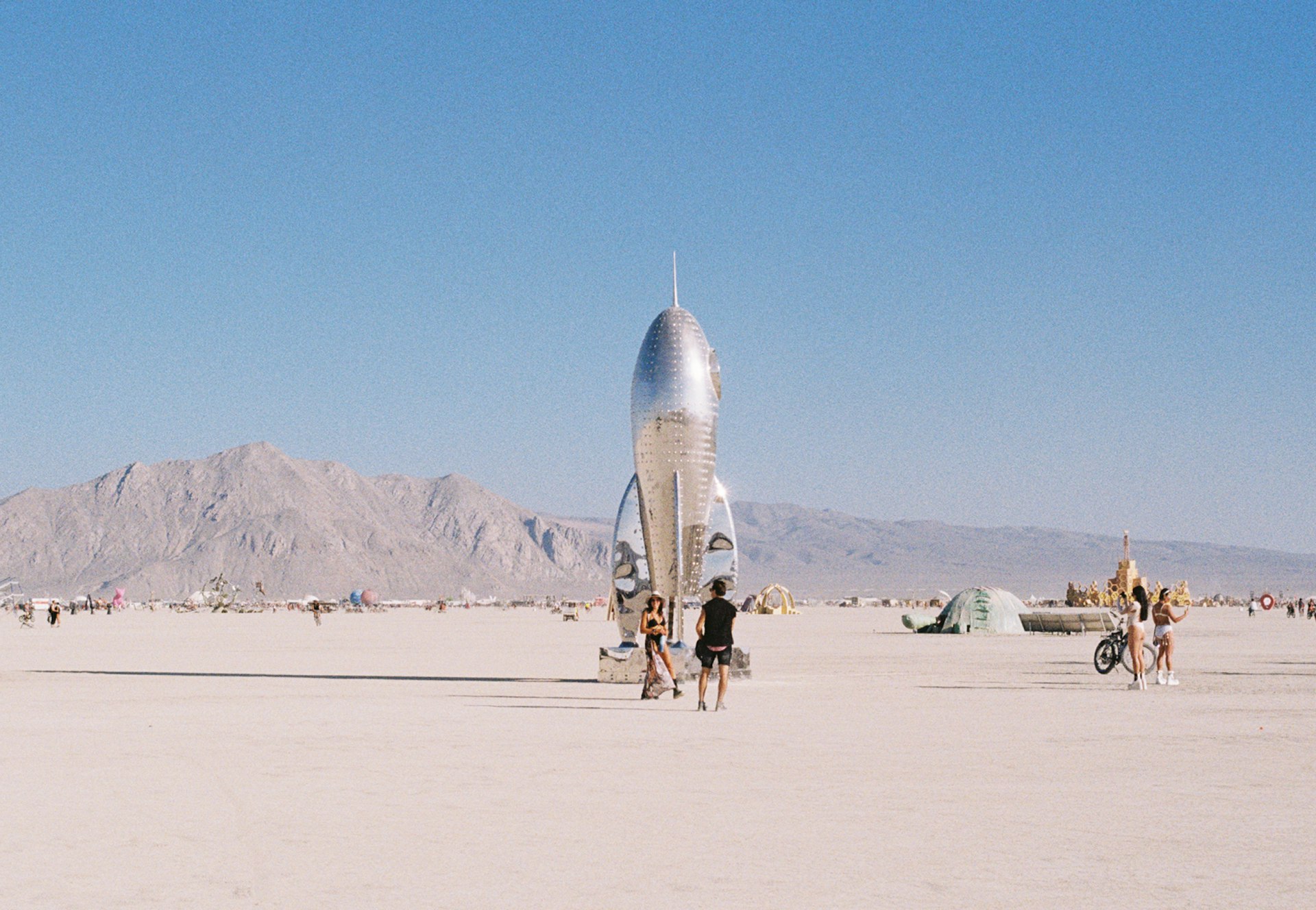Unlocking the Legacy of the Ancient Greek Olympics: History, Impact, and Pathways for Exploration

Photo by Alex Presa on Unsplash
Introduction to the Ancient Greek Olympics
The Ancient Greek Olympics stand as one of history’s most influential sporting traditions, shaping athletic competition and cultural practice for centuries. Held in Olympia from 776 BCE to 393 CE, the Games were a unifying event for the Greek world, drawing athletes and spectators from far beyond the borders of Greece. Their legacy endures today, offering a window into the religious, social, and athletic life of ancient civilization [1] .
Historical Origins and Timeline
The Games began in 776 BCE, marking the first accurate chronology in Greek history. This inaugural Olympiad featured a single event – the footrace known as the
stade
– won by Koroibos, a cook from Elis. From this modest start, the Olympics evolved into a five-day festival, with new events added over the centuries
[4]
. Names of victors were meticulously recorded, underscoring the event’s role in historical documentation and timekeeping
[3]
.
Religious and Cultural Significance
The Olympic Games were not merely athletic contests; they were a religious festival honoring Zeus, the king of the Greek gods. Olympia itself was a sacred site, home to the monumental statue of Zeus, one of the Seven Wonders of the Ancient World. Athletic prowess was seen as a tribute to the gods, and competition was conducted in the nude to celebrate the human form and divine favor. The site’s UNESCO World Heritage status today reflects its enduring cultural and spiritual importance [5] .
Evolution of Events and Athletic Innovation
Originally, the Olympics consisted of a single stadion race – a sprint covering roughly 192 meters. Over centuries, the program expanded, introducing a range of events that tested skill, speed, strength, and endurance:
- The diaulos (two-length footrace) added in 724 BCE [1] .
- The dolichos (long-distance race) introduced in 720 BCE [2] .
- Wrestling and the pentathlon (a five-event contest including running, jumping, discus, javelin, and wrestling) in 708 BCE [3] .
- Boxing in 688 BCE; chariot racing in 680 BCE; and the formidable pankration (a blend of wrestling and boxing) in 648 BCE [5] .
Events for boys were gradually introduced, and the festival expanded from one to three, then five days, reflecting its growing social and athletic importance [2] .
Participation, Traditions, and Unique Practices
Participation in the Ancient Olympics was limited to freeborn Greek men, though athletes came from all corners of the Hellenic world and beyond. All contestants competed naked, a tradition established by Orsippos of Megara in 720 BCE. This nudity was seen as both a tribute to Zeus and a testament to the idealized human body. Victors were celebrated with olive wreaths, public acclaim, and often lifelong privileges in their home cities [1] .

Photo by Reese Ni on Unsplash
Women were not permitted to compete, though unmarried women could attend as spectators. The festival fostered unity among city-states, suspending conflicts through the sacred Olympic truce (
ekecheiria
), which allowed safe passage for all participants
[3]
.
Enduring Legacy and Modern Revival
The Ancient Olympics concluded in 393 CE when the Roman Emperor Theodosius I banned pagan festivals. Yet their legacy remained potent, inspiring the revival of the Olympic tradition in the late 19th century. The modern Olympic Games, founded in 1896, drew directly from the ancient model, embracing ideals of athletic excellence, international competition, and peace [4] .
Today, the Olympic flame is lit at Olympia before each modern Games, symbolizing the enduring link between past and present. The ancient site remains open to visitors, offering museum exhibits and guided tours that contextualize this heritage for new generations [5] .
Actionable Steps to Explore Ancient Greek Olympic History
For those interested in delving deeper into the history and traditions of the Ancient Olympics, several pathways are available:
- Visit Olympia, Greece : Explore the archaeological site, museum collections, and restored stadium. Guided tours are available through local travel agencies and the Greek Ministry of Culture. Search for “Olympia archaeological site tours” for current options.
- Research through Academic Databases : Access scholarly articles and books on ancient sport and society. Consider searching major databases like JSTOR or Project MUSE using keywords such as “Ancient Olympic Games” and “Greek athletic festivals.” Many university libraries provide public access to select resources.
- Museum Exhibitions : The Metropolitan Museum of Art and the British Museum offer online and in-person exhibitions featuring artifacts from Olympia. Search “Olympics ancient artifacts” on their official websites for current displays.
- World Heritage Resources : The UNESCO World Heritage Centre provides details on Olympia’s cultural status and conservation projects. Visit the official UNESCO website and search “Olympia World Heritage Site” for verified information.
- Historical Timelines and Multimedia : World History Encyclopedia hosts a detailed timeline of Olympic history and digital resources. Visit their official website and search “Olympic Games timeline” for interactive features [1] .
If you are unable to access specific websites, you can:
- Contact local universities for public lectures or outreach programs on ancient history.
- Use your public library’s digital catalog to request books or documentaries on ancient Greek sports and festivals.
- Join online historical forums and communities dedicated to ancient Greece for discussions and shared resources.
Challenges and Solutions in Exploring Ancient Olympic History
Accessing authentic resources on ancient Greek history can present challenges, such as language barriers, limited availability of artifacts, and variable reliability of online content. To overcome these obstacles:
- Prioritize official museum, university, and government sources for accurate information.
- Seek out translations of primary sources and expert commentaries.
- When visiting physical sites, use official guides and audio tours for context.
- Engage with academic professionals or historical societies to clarify uncertain details.
Remember, information about the Ancient Olympics is best explored through multi-source verification, combining archaeological, literary, and modern scholarly perspectives.
Key Takeaways and Continuing Inspiration
The story of the Ancient Greek Olympics is one of innovation, unity, and enduring influence. Whether through direct study, travel, or virtual exploration, anyone can engage with this rich tradition and uncover its lessons for today. Research opportunities, museum visits, and educational outreach remain open to those seeking deeper understanding.
References
- [1] World History Encyclopedia (2024). Timeline: Olympic Games.
- [2] Wikipedia (2024). Ancient Olympic Games – Events and History.
- [3] Encyclopaedia Britannica (2024). Ancient Olympic Games.
- [4] Ancient-Greece.org (2024). Olympic Games History.
- [5] World Treasures (2024). History of the Olympics: From Ancient Times to Paris 2024.



